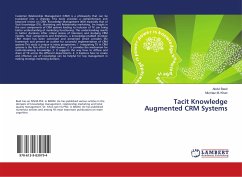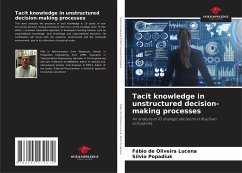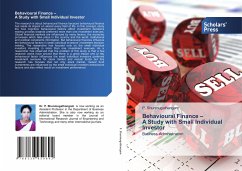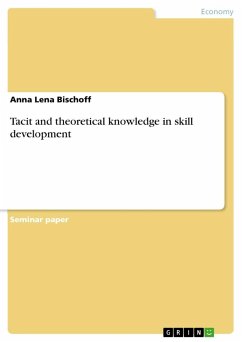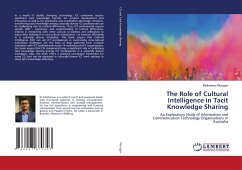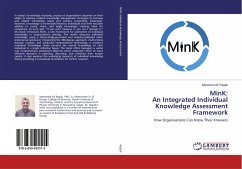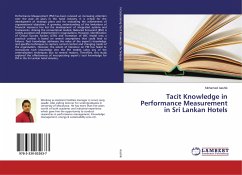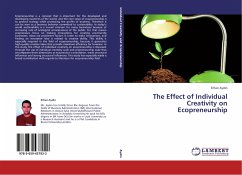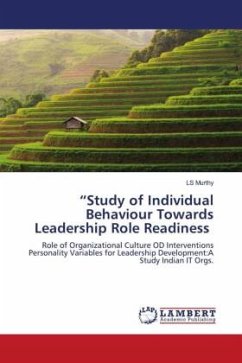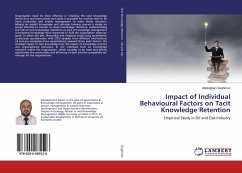
Impact of Individual Behavioural Factors on Tacit Knowledge Retention
Empirical Study in Oil and Gas Industry
Versandkostenfrei!
Versandfertig in 6-10 Tagen
47,99 €
inkl. MwSt.

PAYBACK Punkte
24 °P sammeln!
Organisation need be more effective in retaining the tacit knowledge (know-how and know-what) and made it accessible for another staff to be more productive and enable management to make better decisions. Relying on explicit knowledge and old-style training courses is simply no longer effective to transfer or retain knowledge; therefore, understanding the role of tacit knowledge retentions as part of knowledge management is becoming increasingly more important to fulfil the organisation strate-gic goals. To attain the aim, theoretical and empirical study using quantitative survey-base question...
Organisation need be more effective in retaining the tacit knowledge (know-how and know-what) and made it accessible for another staff to be more productive and enable management to make better decisions. Relying on explicit knowledge and old-style training courses is simply no longer effective to transfer or retain knowledge; therefore, understanding the role of tacit knowledge retentions as part of knowledge management is becoming increasingly more important to fulfil the organisation strate-gic goals. To attain the aim, theoretical and empirical study using quantitative survey-base questionnaire with (275) samples from different international oil and gas companies have quantitatively assessed three main factors; the strategic impact of tacit knowledge loss, the impact of knowledge practice and organisational behaviour at the individual level on knowledge retention within the organization, which consider as an asset and affects significantly the productivity and efficiency of staff and the competitive ad-vantage for the organisations



